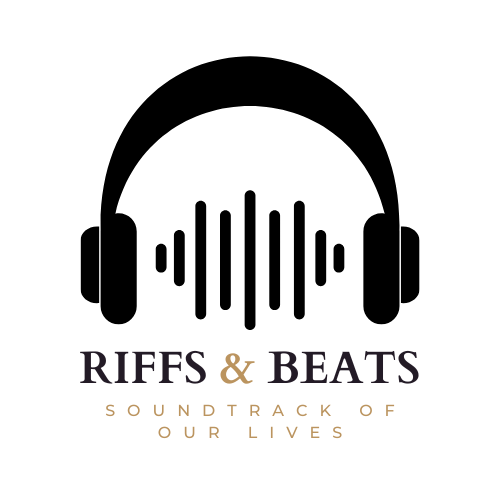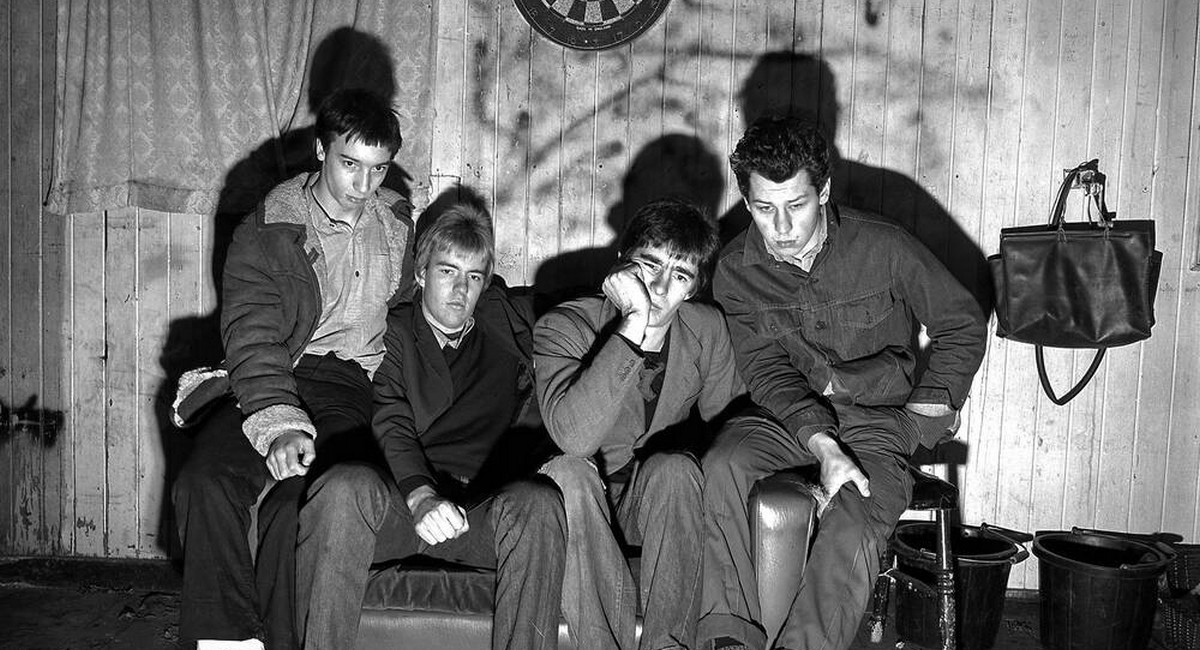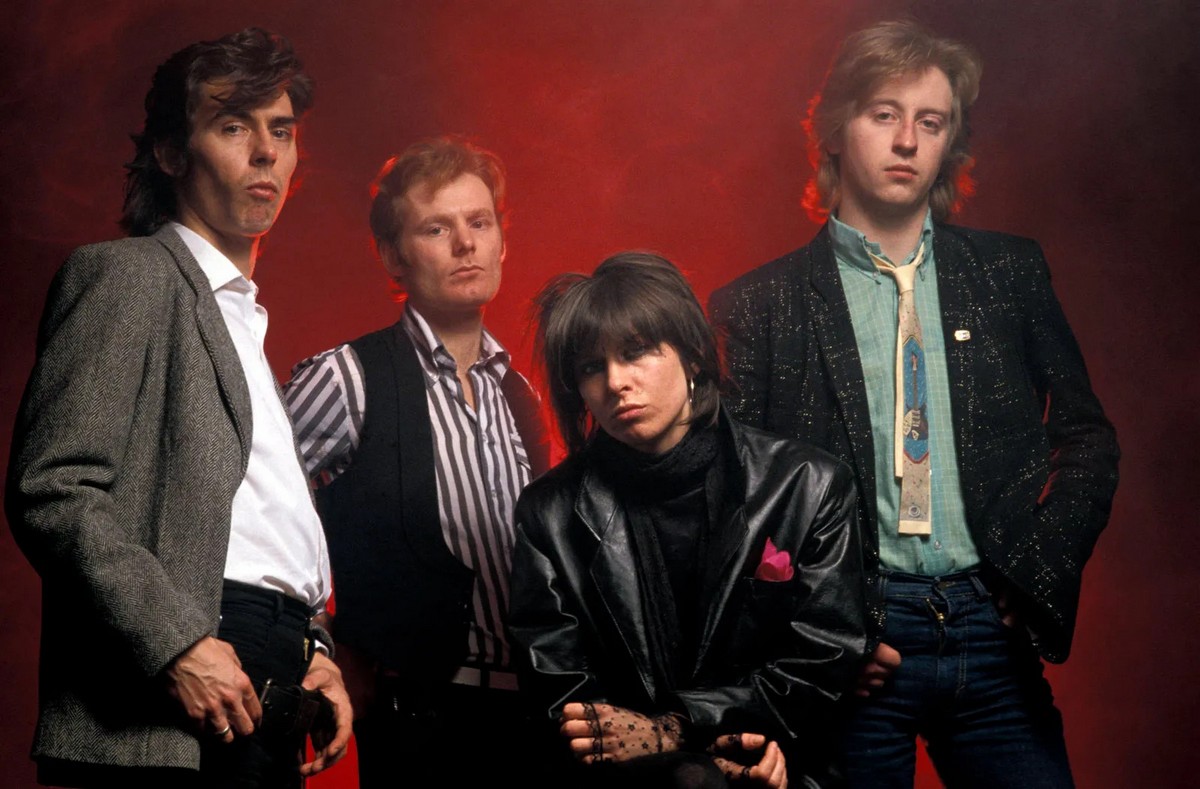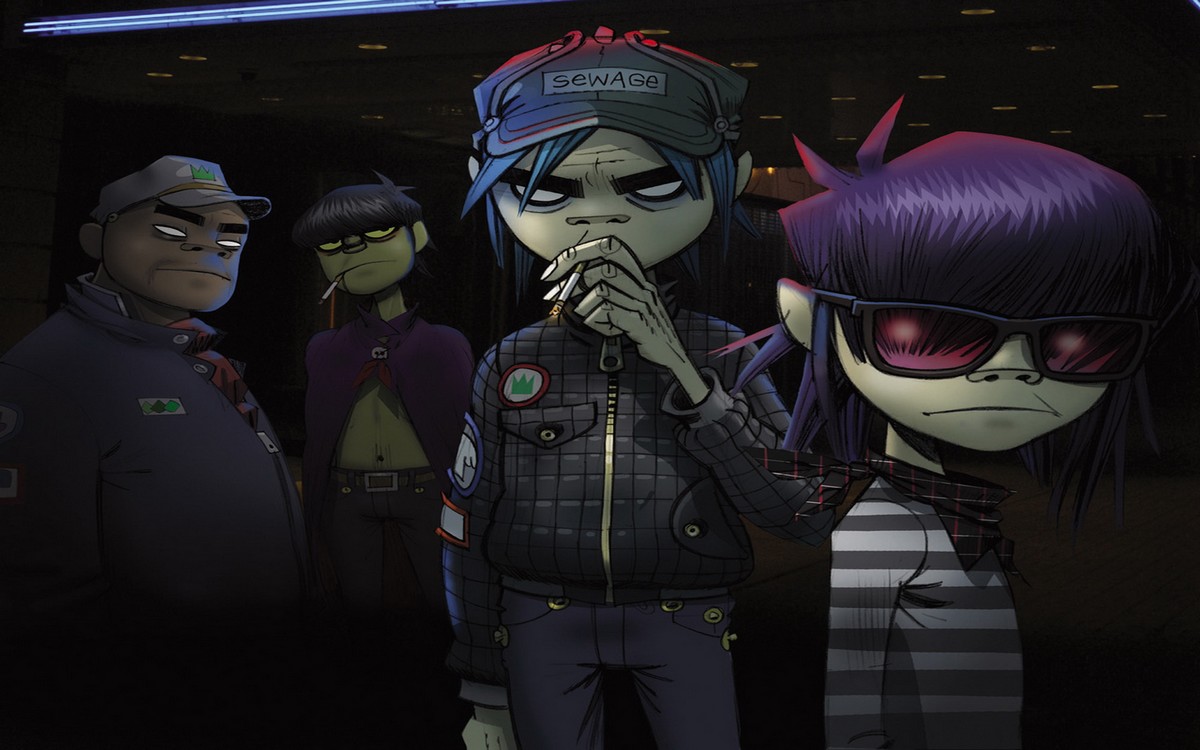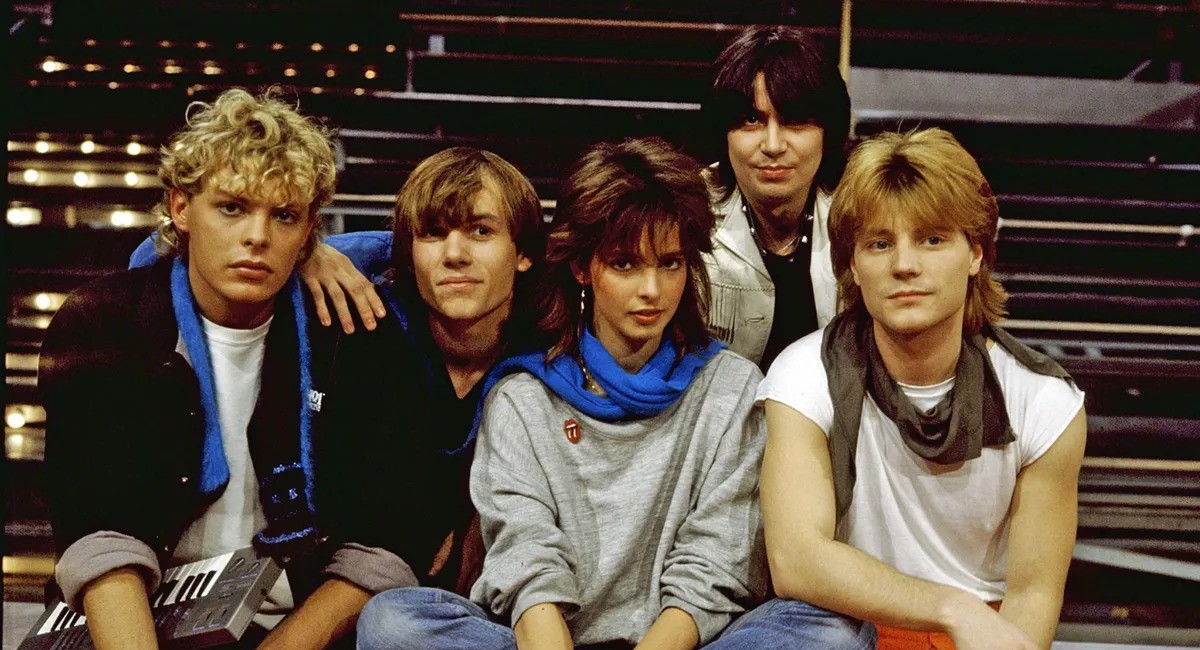Animal voice in a concrete jungle
Down On The Street established Fun House’s tone in July 1970 with a groove cut straight from the road. The rhythm section falls hard and monotonous, drawing the listener into a slow-motion swagger. Iggy Pop delivers his lines like they’ve already been chewed and spat back with a smirk as Ron Asheton’s guitar locks into a mesmerizing loop. Nothing is polished; nothing is posed. Without looking back, the take breaths, grinds, and leans forward.
Under the direction of Don Gallucci, the recording sessions were intended to portray The Stooges as they really sounded. No enhancers, no sweeteners. Simply a configuration that allowed room for feedback by pushing air around the microphones. Few overdubs were used by the band, who performed in the same room. The outcome was a piece of music grounded in repetition and bodily presence. The mix is raw enough to feel the sweat behind every note.
Iggy’s words alternate between enchantment and observation. The phrasing has a fluidity that fits the tempo of the bass and drums. Scott Asheton drives the kit like he’s hauling a weighty chain. Dave Alexander’s bass fills the voids without once showing off. The band is not pro-escalation. They fall into a tempo that encourages tension. This is a song meant to be blasted close to the ground.
Opener ‘Down on the Street’, not content with one guitar playing the frantic solo, has two simultaneously surging up against each other, the adrenalin rush is unbeatable.
(Jon Smith, Drowned in Sound, 2010)
This was not the age of layered harmonies or lengthy solos. Force and friction help down on the street to work. Driven by instinct and repetition, the whole track sounds like a machine built in a garage. Each component of the blend maintains its own location. Ron Asheton leans just enough to maintain the loop running. Iggy talks as much as he sings. The voice rests inside the beat, not over it.
More than fifty years on, the music still strikes with the same raw force. Built from confidence and weight, its tempo runs like a sluggish midnight stride. It does not strive for height. It stays grounded, stuck in a groove that has reverberated across decades of post-punk and garage noise. Down on the Street neither argues nor explains. It performs and leaves a trace.
